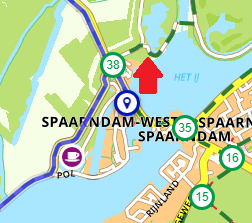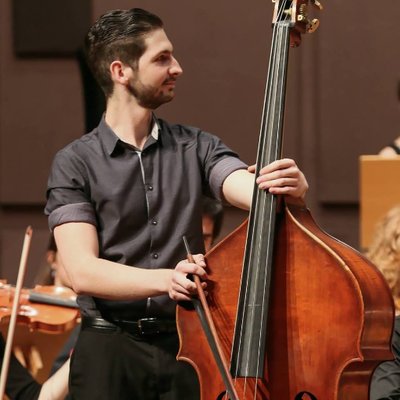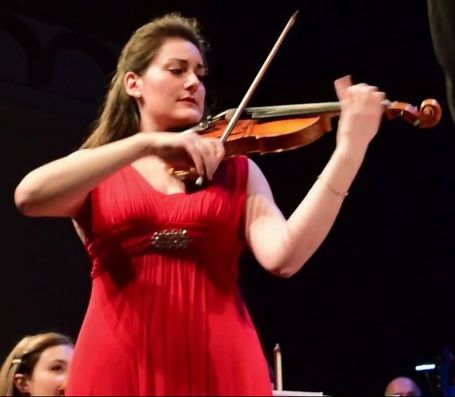The Genesis Sextet was created by Pierre-Antoine Blanc and Lauréne Báron, who after playing together as a duet decided to expand to a bigger ensemble in which they can perform music originally written for a classical sextet (two cellos instead of one cello and a double bass). Pierre-Antoine went through a detailed process of transcribing and adapting Tchaikovksy's famous Souvenir de Florence. This special arrangement was recorded by the Genesis Ensemble in February. All the members of the sextet are going through their Master degree or the end of their Bachelor at the Conservatorium van Amsterdam.
Programma
Tchaikovsky (1840 -1893) - “Souvenir de Florence” in D minor
I. Allegro con spirito
II. Adagio cantabile e con moto
III. Allegretto moderato
IV. Allegro con brio e vivace
The String Sextet in D minor "Souvenir de Florence", Op. 70, is a string sextet scored for 2 violins, 2 violas, and 2 cellos composed in the summer of 1890 by Pyotr Ilyich Tchaikovsky. Tchaikovsky dedicated the work to the St. Petersburg Chamber Music Society in response to his becoming an Honorary Member. The work, in the traditional four-movement form, was titled "Souvenir de Florence" because the composer sketched one of the work's principal themes while visiting Florence, Italy, where he composed The Queen of Spades. The work was revised between December 1891 and January 1892, before being premiered in 1892.
I. Allegro con spirito
II. Adagio cantabile e con moto
III. Allegretto moderato
IV. Allegro con brio e vivace
The String Sextet in D minor "Souvenir de Florence", Op. 70, is a string sextet scored for 2 violins, 2 violas, and 2 cellos composed in the summer of 1890 by Pyotr Ilyich Tchaikovsky. Tchaikovsky dedicated the work to the St. Petersburg Chamber Music Society in response to his becoming an Honorary Member. The work, in the traditional four-movement form, was titled "Souvenir de Florence" because the composer sketched one of the work's principal themes while visiting Florence, Italy, where he composed The Queen of Spades. The work was revised between December 1891 and January 1892, before being premiered in 1892.









